Navigating Nutrition Nine Foods to Sidestep for a Healthier Liver Journey
The liver, a vital organ nestled beneath the rib cage, performs over 500 essential functions, including detoxification, protein synthesis, and the production of biochemicals necessary for digestion. As the body's chemical processing plant, it plays a pivotal role in maintaining overall health. However, modern diets, often laden with processed foods and unhealthy fats, can overburden this crucial organ, leading to liver diseases such as fatty liver, cirrhosis, and even liver cancer. Understanding which foods can harm the liver is essential for fostering a healthier lifestyle. This article delves into nine specific foods to sidestep, offering a comprehensive guide to support liver health through mindful nutrition choices.
Sugar and High-Fructose Corn Syrup: The Sweet Saboteurs

Excessive sugar intake, particularly from high-fructose corn syrup, is a major contributor to liver damage. Fructose, unlike glucose, is metabolized almost entirely by the liver, where it is converted into fat. This can lead to non-alcoholic fatty liver disease (NAFLD), a condition characterized by excessive fat accumulation in liver cells. Studies have shown that diets high in fructose can cause liver inflammation and insulin resistance, setting the stage for more severe liver conditions. Reducing consumption of sugary beverages, candies, and processed snacks can significantly decrease the liver's workload and promote better overall health.
Alcohol: The Well-Known Culprit

Alcohol is one of the most notorious offenders when it comes to liver health. Chronic alcohol consumption can lead to a spectrum of liver diseases, including alcoholic fatty liver, hepatitis, and cirrhosis. The liver metabolizes alcohol into acetaldehyde, a toxic compound that can cause oxidative stress and inflammation. Over time, this can result in liver cell death and scarring. Limiting alcohol intake or abstaining altogether can dramatically reduce the risk of liver damage and improve liver function. For those who do choose to drink, moderation is key, and staying informed about safe consumption levels is crucial.
Trans Fats: The Hidden Hazards

Trans fats, often found in fried foods, baked goods, and processed snacks, are harmful to liver health. These artificial fats are created through hydrogenation, a process that turns liquid oils into solid fats to improve shelf life. Trans fats can lead to increased liver fat accumulation, inflammation, and a higher risk of developing NAFLD. They also contribute to insulin resistance and obesity, further straining the liver. Avoiding foods that contain partially hydrogenated oils and opting for healthier fat sources, such as olive oil or avocados, can help maintain liver health and overall well-being.
Red Meat: The Protein Paradox
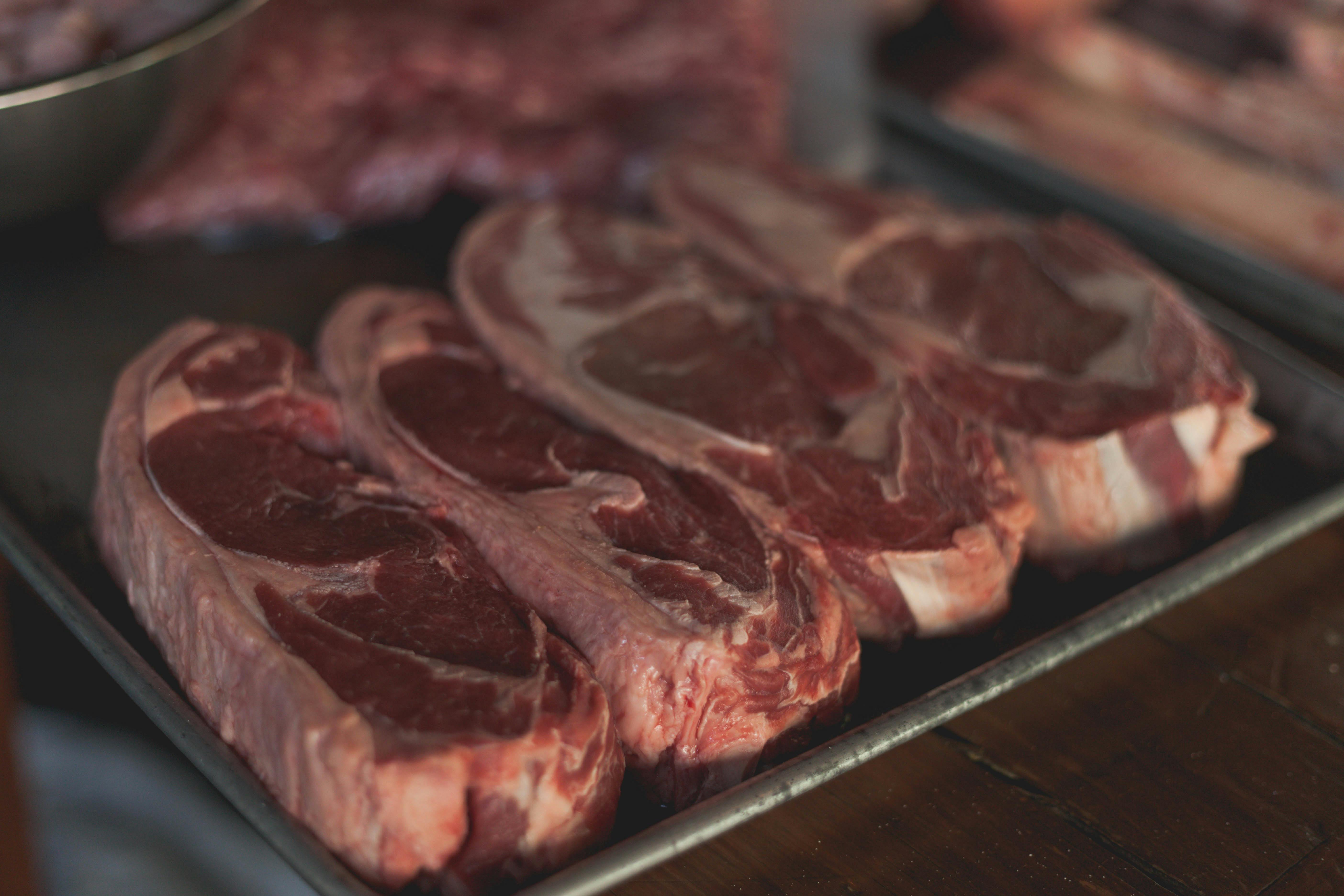
While protein is essential for muscle health and repair, excessive consumption of red meat can be detrimental to the liver. Red meat is high in saturated fats, which can increase liver fat and inflammation. Additionally, the liver must work harder to process the large amounts of protein, potentially leading to liver stress. Replacing red meat with lean protein sources like fish, poultry, or plant-based proteins can reduce the liver's burden and support a balanced diet. Incorporating more plant-based meals can also provide additional fiber and nutrients that aid liver function.
Salt: The Silent Threat
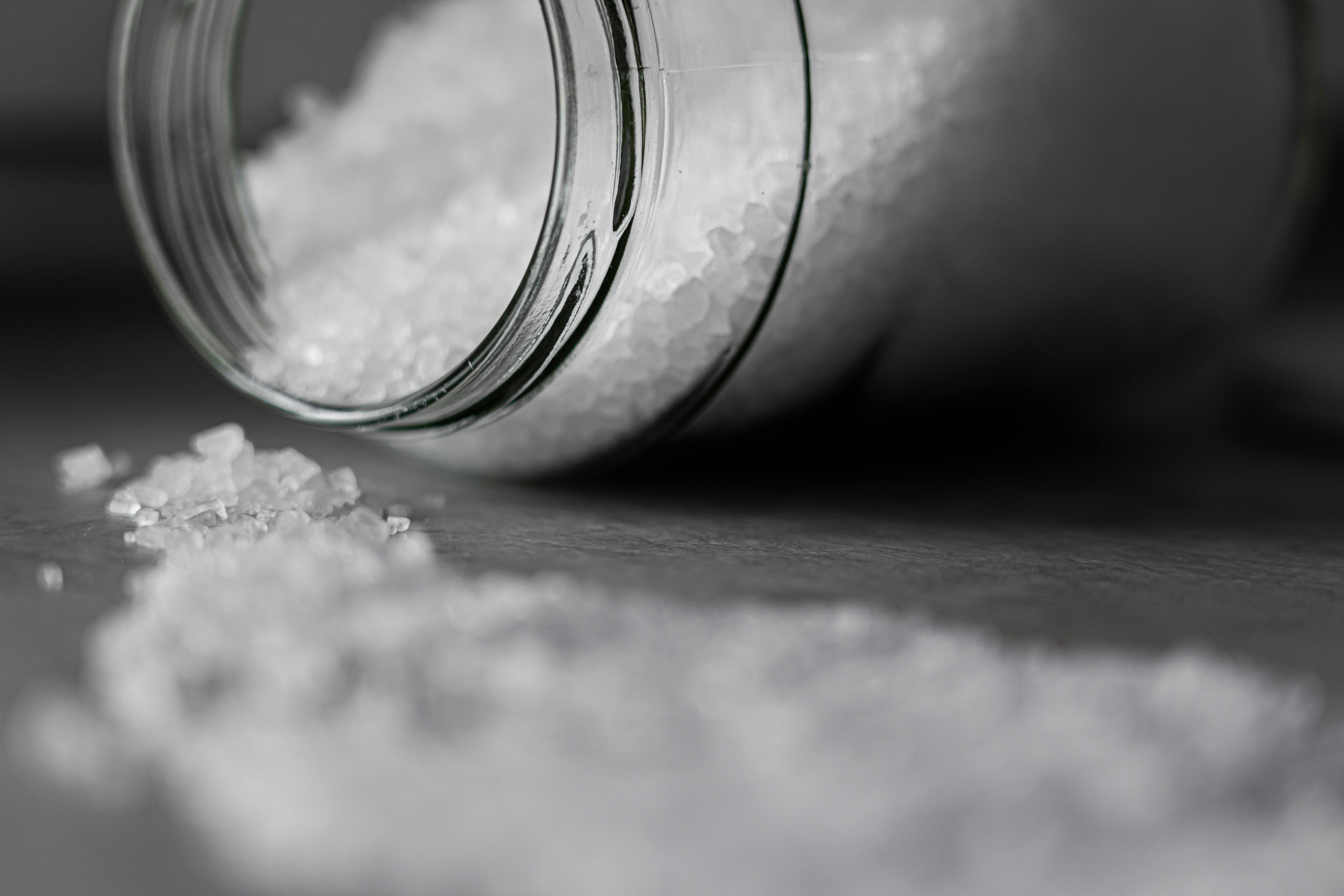
High sodium intake is linked to increased blood pressure and fluid retention, both of which can negatively impact liver health. Excessive salt can lead to liver fibrosis, a condition where scar tissue forms in the liver, impairing its function. Processed foods, canned soups, and fast foods are often high in sodium, making it important to read labels and choose low-sodium options. Cooking at home with fresh ingredients allows for better control over salt intake. Seasoning foods with herbs and spices instead of salt can enhance flavor while protecting liver health.
Fast Food: Convenience at a Cost

Fast food, a staple in many diets due to its convenience, often contains high levels of unhealthy fats, sugars, and sodium. Regular consumption of fast food can lead to obesity, insulin resistance, and NAFLD. The liver struggles to process the excessive calories and unhealthy components, leading to fat buildup and inflammation. Opting for home-cooked meals with fresh, whole ingredients can significantly reduce the intake of harmful substances and support liver health. Planning meals and snacks in advance can help avoid the temptation of fast food and encourage healthier eating habits.
White Bread and Pasta: Refined Carbohydrate Concerns
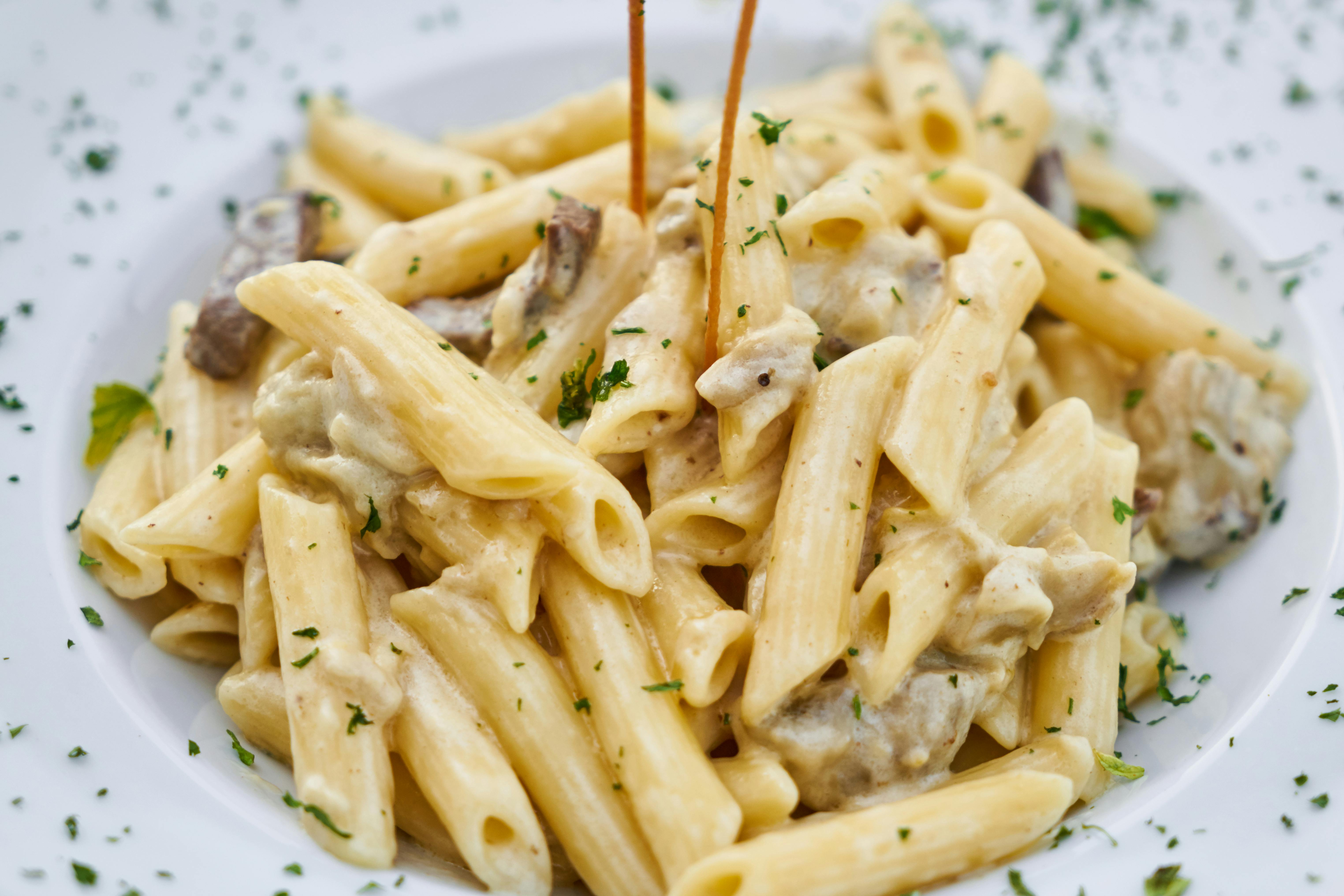
Refined carbohydrates, such as those found in white bread and pasta, can contribute to liver damage. These foods have a high glycemic index, causing rapid spikes in blood sugar and insulin levels. Over time, this can lead to insulin resistance and increased fat accumulation in the liver. Choosing whole-grain alternatives, like whole wheat bread and brown rice, can provide more nutrients and fiber, aiding digestion and liver health. Incorporating a variety of grains into the diet can also help maintain balanced blood sugar levels and reduce the risk of liver-related issues.
Processed Foods: The Additive Aggravators
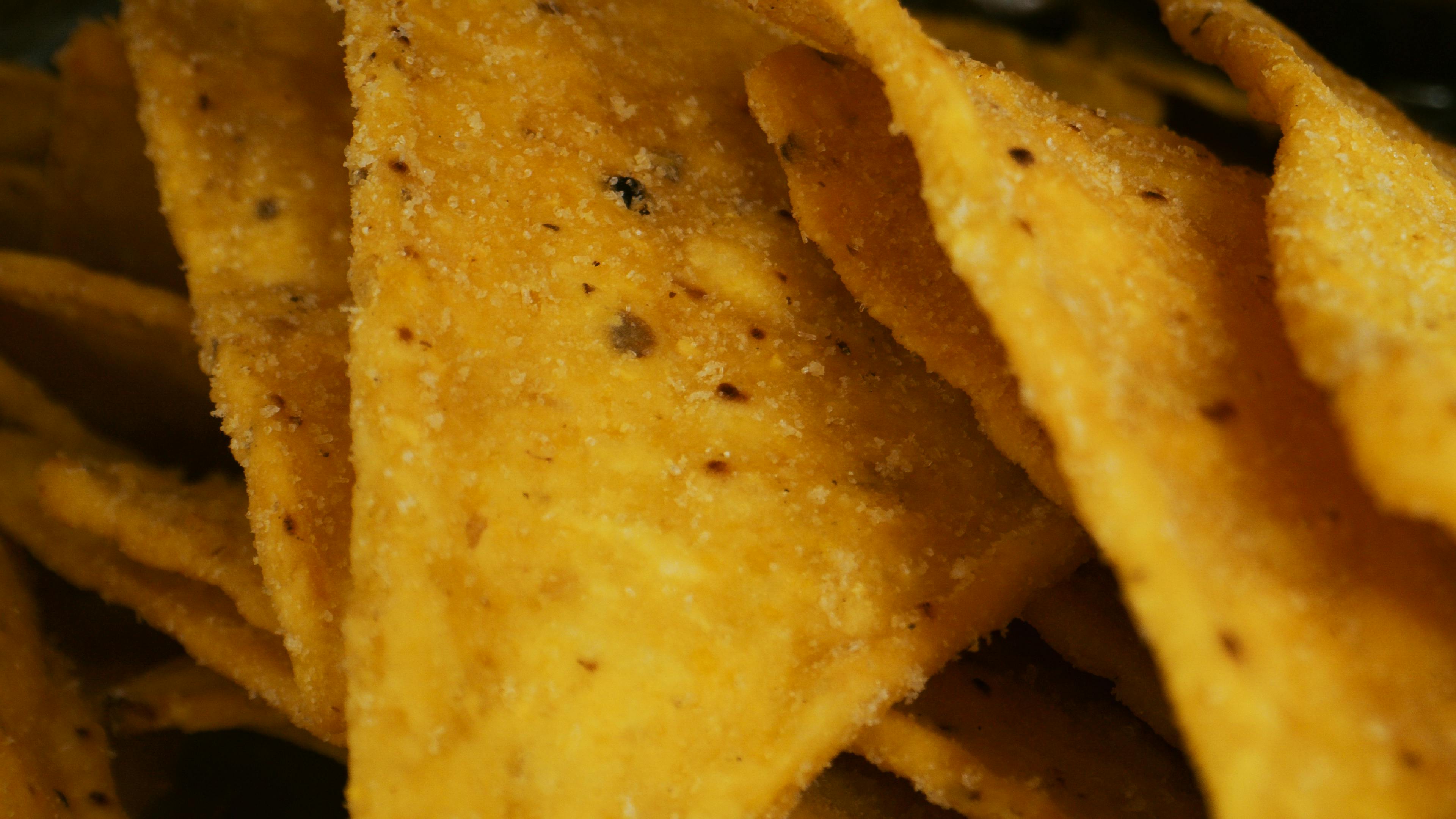
Processed foods are often laden with preservatives, artificial colors, and flavor enhancers that can burden the liver. These additives require detoxification, increasing the liver's workload and potentially leading to liver damage over time. Additionally, processed foods are frequently high in unhealthy fats, sugars, and sodium, compounding their negative effects on liver health. Emphasizing whole, unprocessed foods in the diet can reduce exposure to harmful additives and support the liver's natural detoxification processes. Reading ingredient labels and choosing minimally processed options can make a significant difference in maintaining liver health.
Dairy Products: Moderation is Key
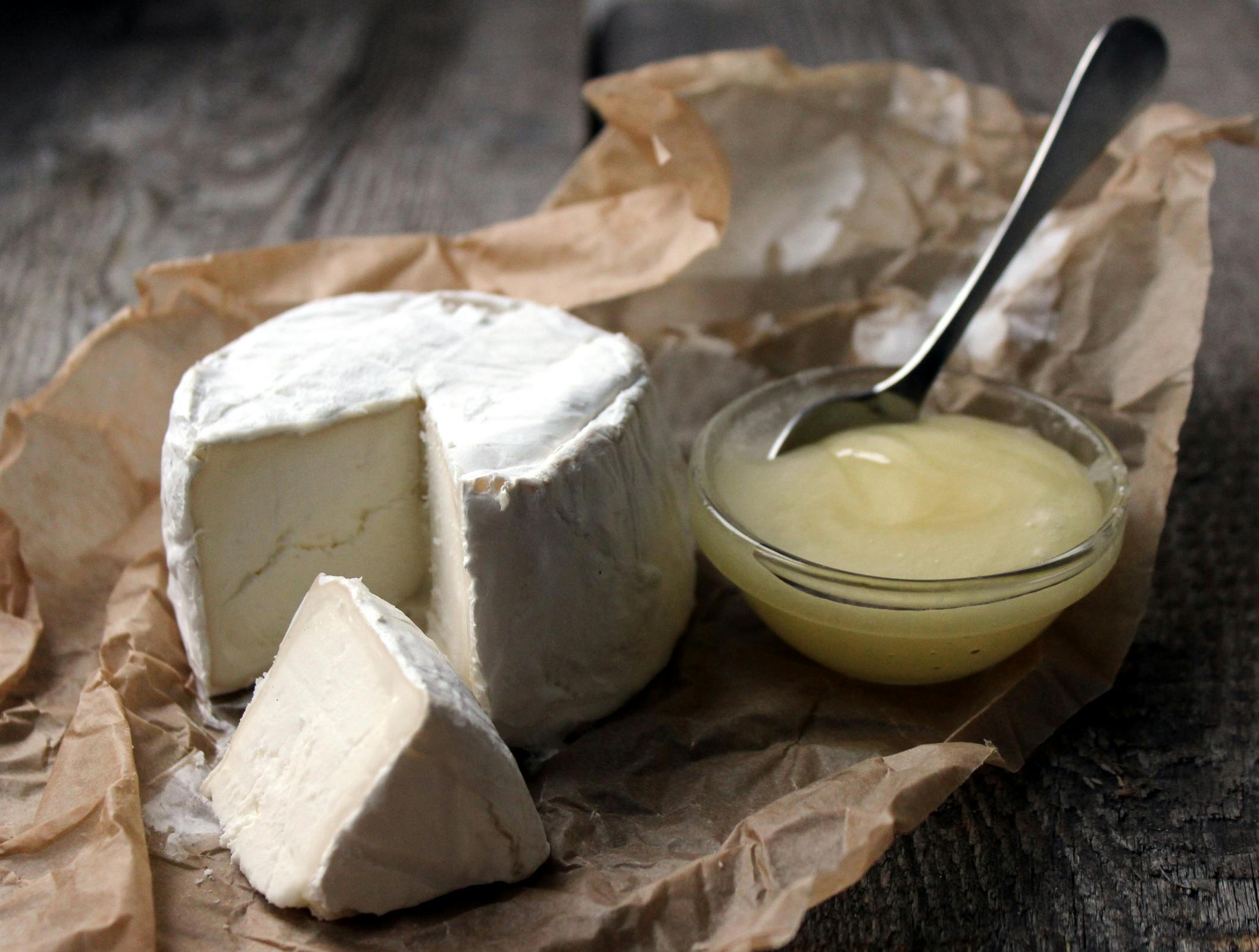
While dairy products like milk, cheese, and yogurt can provide essential nutrients, excessive consumption can be problematic for the liver. High-fat dairy products can contribute to fat accumulation in the liver, especially in individuals with lactose intolerance or dairy sensitivities. Choosing low-fat or non-dairy alternatives can help reduce the liver's fat burden while still providing necessary nutrients like calcium and vitamin D. Moderation is crucial, and incorporating a variety of nutrient-dense foods can ensure a balanced diet that supports liver health. Exploring plant-based dairy alternatives can also offer additional health benefits.